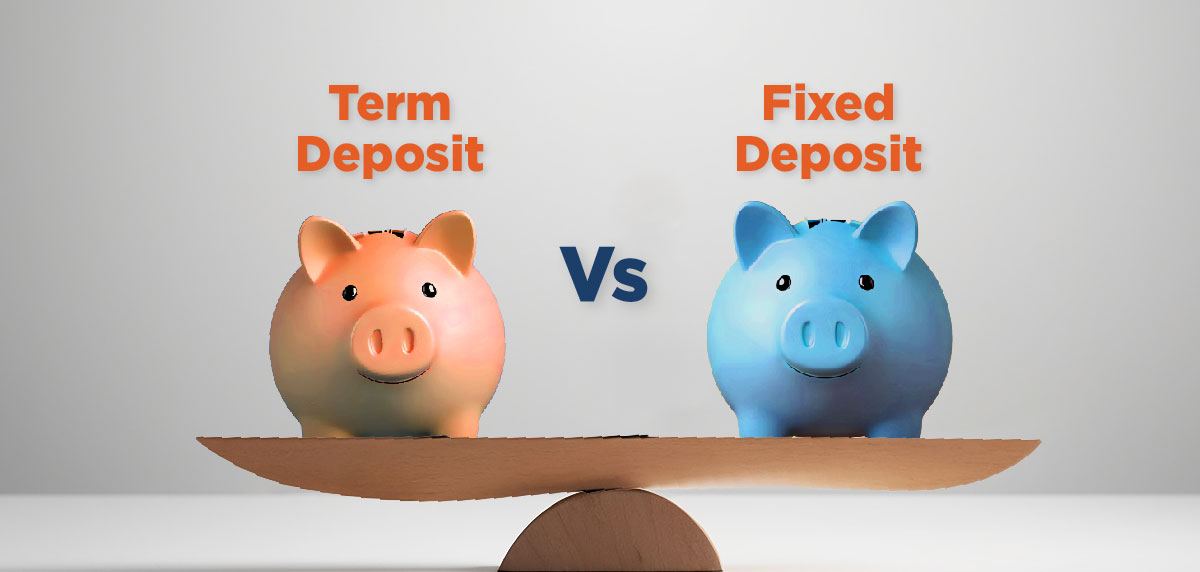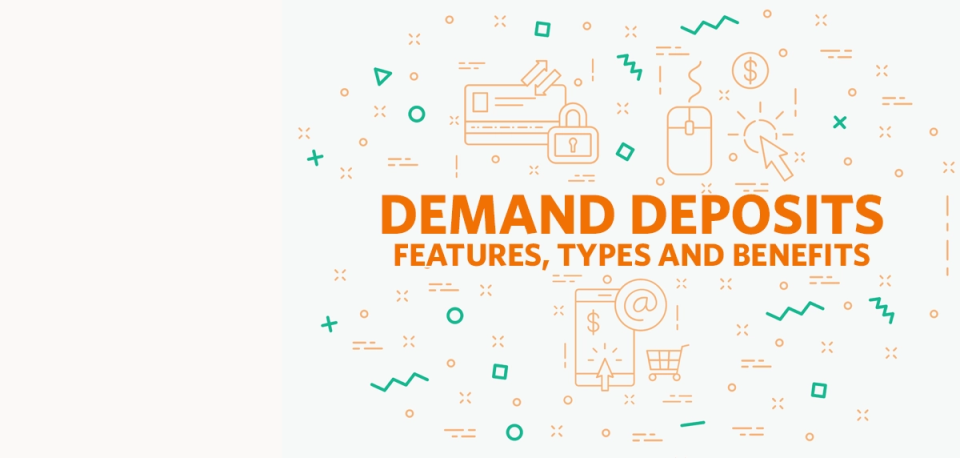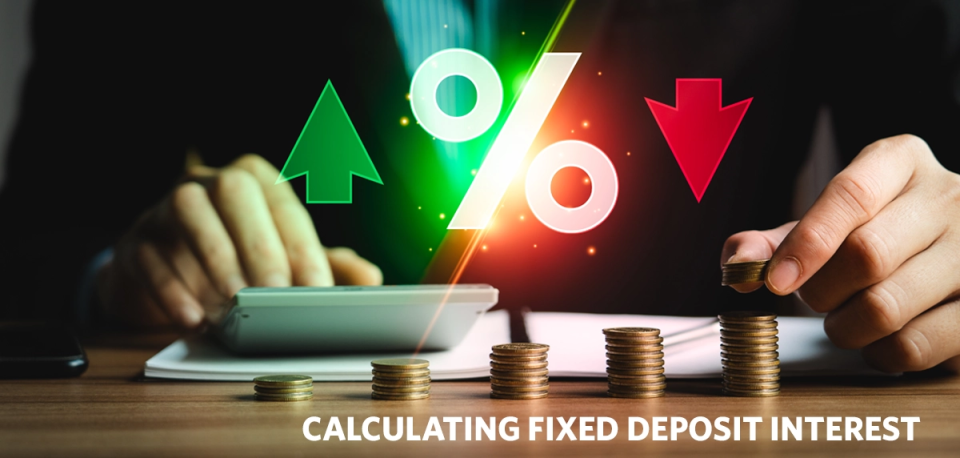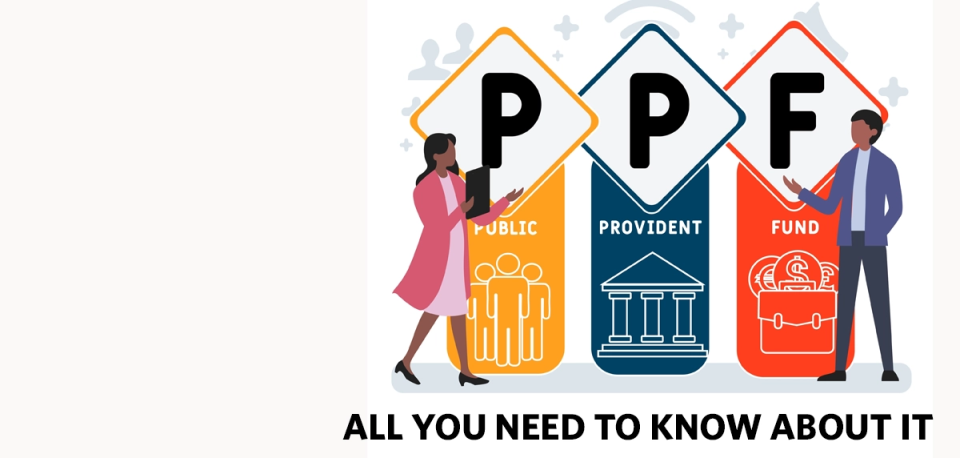When it comes to safe investment options, perhaps term deposits and fixed deposits (FDs) are the top names that come to mind. Banks and other financial institutions usually offer term deposits and FDs to provide a low-risk and reliable investment avenue to people.
But is there a difference between an FD and a term deposit?
You may have even seen these terms being used interchangeably. The truth is, ‘fixed deposits’ come under the umbrella of ‘term deposits’. Hence, they are similar and yet, they come with some differences.
Let’s look at fixed deposits vs term deposits in detail.
Term Deposits
A term deposit is a financial product offered by financial institutions wherein you can store a certain amount of money for a fixed period. The money earns interest at a predetermined interest rate. Term deposits are ideal for short-term as well as long-term investment plans. You can opt for a term deposit for as short as a month and as long as 10 years.
Term deposit can be considered as an umbrella term consisting of various deposit options. It includes recurring deposits (where a fixed amount is credited to the deposit account at regular intervals) and fixed deposits (FD). It may also include deposit locker services. Among the popular choices, the Post Office Term Deposit Scheme stands out as a secure and government-backed option. To understand more about the difference between an FD and a term deposit, read on.
Fixed Deposits
A fixed deposit is a product where you park a set amount of money with a financial institution for a fixed period. There is no option to invest the money at regular intervals. You must invest the money in a lump sum. This is the main difference between an FD and term deposits of other types.
You can open a fixed deposit account for as few as 10 days. The maximum tenure may stretch to 7-10 years depending on the financial institution. So, whether you have a 5-year investment plan or a 10-year investment plan, an FD can be a suitable addition to it.
The FD interest rates depend on the tenure. Usually, the longer the tenure, the more the interest, till it reaches the maximum interest offered by the bank. An FD may offer higher interest rates compared to other term deposits. Using a fixed deposit calculator can help you compare options and make an informed decision.
It is also important to know the types of fixed deposit schemes available such as cumulative, non-cumulative, tax-saving FDs, senior citizen FDs, and NRI FDs. Knowing the types of fixed deposit options helps you choose the one best suited to your goals.
Conclusion
Fixed deposits and term deposits both can be great value additions to your investment plans. If you have to choose between the two – a fixed deposit vs a term deposit - consider your budget, financial needs, investment horizon, and expected returns to make a well-informed decision.
























